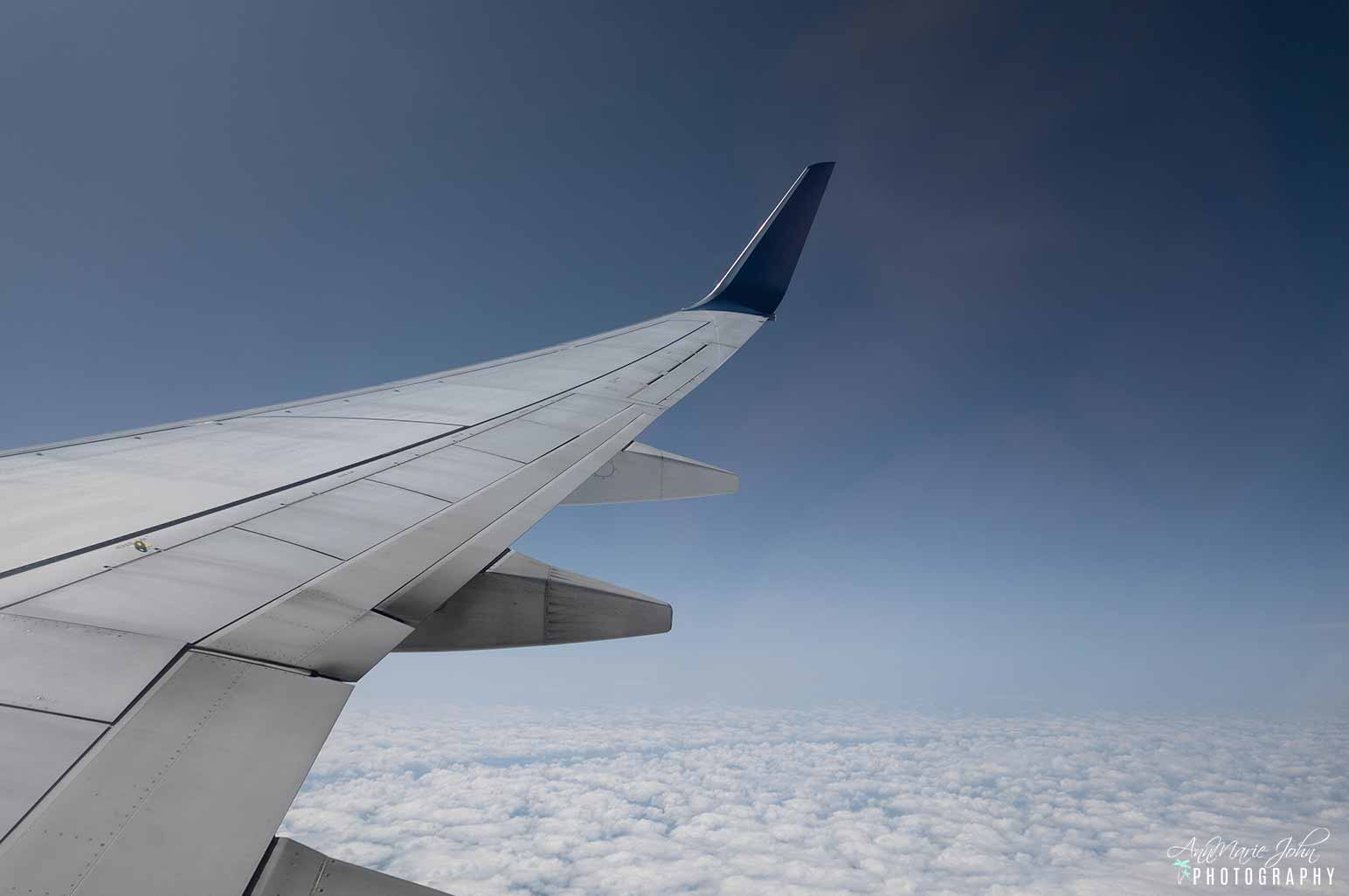
Hearing loss is a very common condition, affecting approximately 15% of American adults aged 18 and older, which equates to more than 40 million people! Although a condition that is often associated with the elderly, hearing loss can affect anyone of any age, even children, with 3 out of every 1000 babies born with detectable hearing loss at birth.
Living with hearing loss may be frustrating, but it shouldn’t stop you from living life to the fullest. So here are seven tips for travelers who are hard of hearing.

1. VISIT YOUR AUDIOLOGIST BEFORE YOU GO
While abroad, you will want to make sure that your hearing is as good as possible. And so, before your trip, be sure to book an appointment with your audiologist to ensure that your hearing aids are as prepared for your trip as you are. It may have been many years since you considered a hearing aid upgrade, and your audiologist will be able to advise you on the best hearing aids available, including assistive listening devices that can connect wirelessly via Bluetooth to your smartphone, your hotel TV, and FM systems.
2. PACK EXTRA SUPPLIES
It can be a little harder and more expensive to get hold of basic necessities in a foreign country, so be sure to pack extra hearing aid batteries and tubing and keep them in your carry-on luggage just in case there are any issues with your checked luggage. If you are traveling somewhere hot and humid, such as a tropical location, then it’s a good idea to bring a dehumidifier with you and to ensure that you have a waterproof travel case.
3. SIGN UP FOR FLIGHT ALERTS BY TEXT
Airports can be noisy and overstimulating places, making it difficult at the best of times to keep up with last-minute flight alterations. To help you, sign up for text alerts and notifications that will let you know if there have been any changes to your gate or departure time. If this option is not available to you, then be sure to notify a member of staff or fellow travelers about your hearing loss so that they can check that you have heard any announcements.
4. CHECK YOUR SEAT NUMBER
Airlines do not permit those with hearing loss to sit in the seats that are near the emergency exits when flying. Let your airline know about your hearing loss when booking your ticket, but be sure to double-check your seat number with a flight attendant before take-off so that you can move if any mistakes have been made. Staying safe when flying is always a top priority.

5. DO NOT REMOVE YOUR HEARING AIDS ON YOUR FLIGHT
You should not have to remove your hearing aid or cochlear implant when passing through security or on your flight, as this would make it very difficult for you to hear any emergency announcements. If you do want to remove your hearing aid when on your flight, perhaps to sleep, then let a member of staff know so that they can wake you or alert you if needed.
6. USE AN FM SYSTEM IF TRAVELING BY CAR
If you are traveling by car and are the driver, then it’s important to keep your eyes on the road at all times. To ensure that you don’t miss any of the conversations with your fellow passengers, ask them to use an FM system so that the conversation can be delivered straight to your ears, and you need not worry about trying to read lip cues. You can also use a Bluetooth phone system to allow you to answer calls hands-free.
7. ASK FOR HELP IF THERE ARE NO VISUAL CUES
Although trains and buses are getting better at ensuring that they provide a visual cue for approaching stops, other countries may not be so forward-thinking. If there are no visible names for each stop, then always enlist the help of someone close to you to let you know when a certain stop is coming up. Or, if you can, try to count the number of stops that have passed. If you have good GPS on your phone, you can even track your journey while it is ongoing, this will give you a heads-up that you are approaching your final destination.

Living with hearing loss may make things a little more difficult; however, with the help of others, some preparation, and a few small alterations, it is still very easy to enjoy the thrill of travel – so don’t ever let your hearing impairment hold you back from seeing the world.
PIN THIS POST TO YOUR FAVORITE PINTEREST BOARD.

